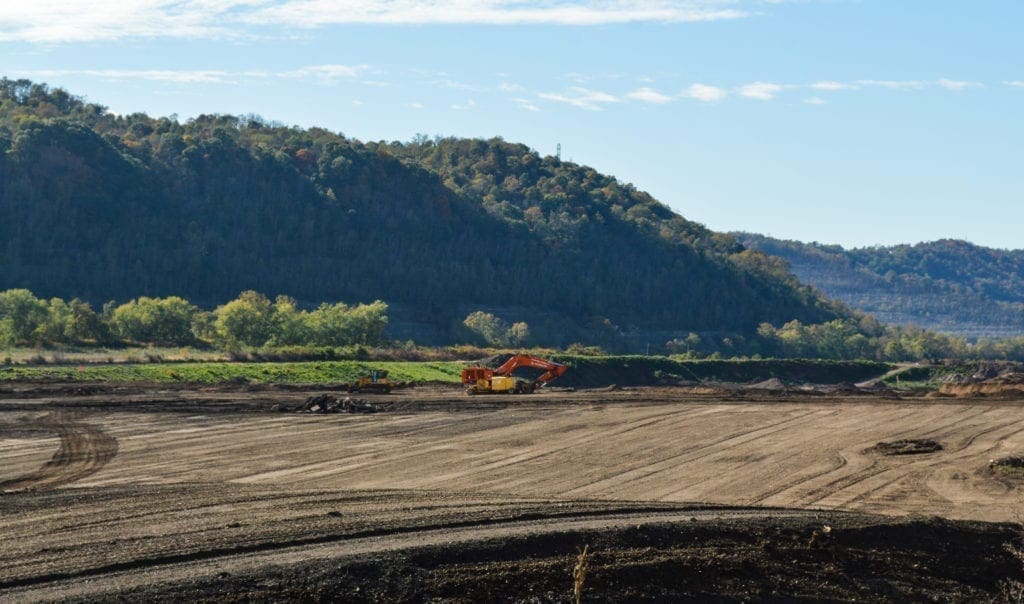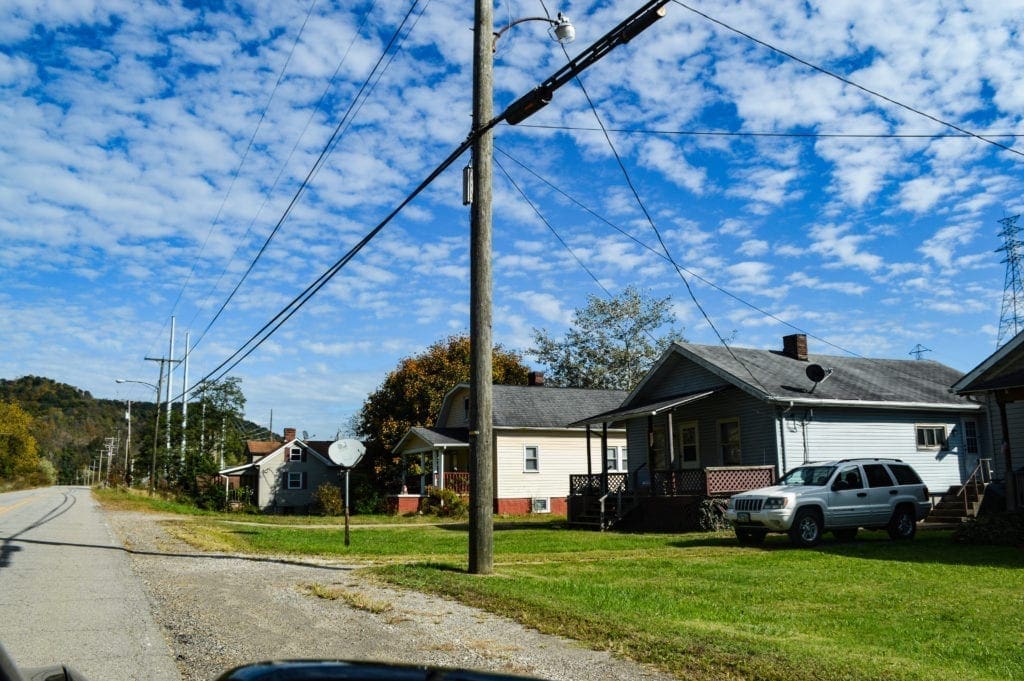Fact: The folks from Thailand have not said, “No.”
They have delayed a final investment decision, and yes, several times, but the word “No” has never been uttered. What officials with PTT Global America have done is spend nearly $200 million on property purchase and land preparation, and they have all federal air and water permits needed to construct a $15 billion petrochemical “cracker plant” in Dilles Bottom.
PTT Global visited the site when First Energy’s former Burger Power Plant still stood, and the corporation announced its intention to construct a $6 billion plant in 2015. Three years later, the Thailand executives increased the possible investment to $10 million. Most recently, though, according to the president of the IBEW Local 141 in Wheeling, Doug Giffin, PTTGA has informed local labor officials the cost of the project has increased by another $5 billion.
“The cost of the project was expected to increase because of inflation with the cost of the materials,” he explained. “Technology is always advancing, too, so that could be a part of the most recent increase. The fact that there was that update tells me the planning for this project continues to move forward. That’s really great news for this Valley, in my opinion.
“I know there are people who are opposed to it because of the environment, but comparing the pollution emissions between the power plant that was there for a lot of years and this new facility is really not much of a comparison,” Giffin said. “I feel the Ohio EPA has done its job, and that’s one of the reasons why I believe this project will happen.”

Waiting on the Workforce
Shell Global has been constructing a petrochemical facility in Potter Township, Pa., for the last three years. The project slowed, but has moved forward during the coronavirus pandemic. In fact, according to the Beaver County Times this week, residents of Beaver County can expect to see white water vapor being released from the facility later this month.
According to the staff reports, the water vapor is yet another milestone because it is the “final cleanliness check of the plant’s piping.”
“And that means we’re getting closer to the time when those workers can move to the project in Belmont County,” Giffin reported. “They have also said that the Beaver County cracker should be finished next year. That’s why I believe PTT Global will make the big announcement in the near future.”
What does it take to build a cracker plant? Well, to begin with, the workforce should include electricians, pipefitters, iron workers, cement finishers, bricklayers, tin knockers, sheet metal, teamsters, operators, and laborers.
“And we’re not talking about 10 or 15 people per trade, either,” Giffin said. “The project will need at least 900 electricians alone. Just to put that into perspective, today Local 141 has 270 members, so when they make this announcement, we’ll step forward with ramping up our apprentice programs.
“All of the trades in this area have enough members right now to do the work that’s here now, but once this announcement is made, those trade will have to do what we’re going to do with attracting more people who want to become electricians,” he explained. “And that’s just for the cracker. Additional workforce will be needed once the plastic manufacturers start building their facilities because this is where those companies will want to be.”

J.O.B.S.
When initially announced, Building Trade officials estimated as many as 6,000 workers would be needed during the estimated five-year construction, but now that Giffin has closely observed the Beaver County project, he projects it will take as many as 10,000 in Belmont County because of the employee turnover involved.
Those workers come, stay for a year, and then they return to their families.
“We’re going to see a jump in jobs in this area as soon as that announcement is made, and then we’ll see even more spin-off jobs, and there are even more that come later once some things are in operation,” Giffin said. “When gas and oil first arrived to this area, we saw a lot of businesses benefit because those employees are hungry, they need groceries, gas for their trucks, and they went to the bars for some drinks.
“Once PTT makes that final commitment, though, the reaction is going to be much larger than it was then, and that’s because of the number of people that will have to be brought in from outside the area,” he added. “At the very beginning, PTT signed a work agreement with the Building Trades instead of bringing people in from outside the area. They want us to be the workers who build this plant, so they took a great step forward from the very beginning.”


